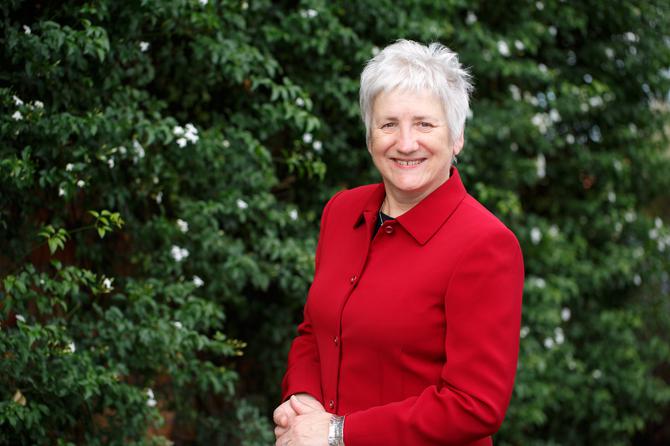Researchers at the University of Tasmania will map the Milky Way, use our convict history to explore the impact of solitary confinement, analyse how best to influence corporate tax strategies, and much more, thanks to $14.7 million in funding announced today.
Deputy Vice-Chancellor (Research) Professor Brigid
Heywood said the University secured 27 grants in the latest round of the
Australian Research Council (ARC) major grants program.
This is an outstanding result for the University, and for Tasmania, in what is a highly competitive process.
“Our research delivers significant social and economic benefits to the State, but more importantly it creates new knowledge which drives creativity and innovation. The projects funded today highlight the breadth of the University of Tasmania’s expertise and confirm our place as a research-led institution boldly exploring new frontiers.”
Securing a total of $8.6 million from the ARC, the 20 successful Discovery Projects will explore questions around such wide-ranging topics as the structure of the Milky Way, memory loss, food security and the laws to govern how we develop innovative health technologies.

Some of the projects include:
Professor Hamish Maxwell-Stewart’s exploration of the impact of solitary confinement on the health and well-being of 72,500 convicts transported to Australia between 1817 and 1853. The work will help contextualise the risks associated with different types and rates of solitary confinement.
Doctor Jeremy Sumner’s use of advanced mathematical tools to improve our understanding of bacterial evolution. Bacteria account for as much biomass as all plant species put together, and evolve and adapt at incredible speed. Understanding how they evolve will improve our ability to manage their impact.
Professor Richard Eccleston’s analysis of the factors that influence the tax strategies of large multi-national corporations and explanation of variations in behaviour between firms and industry sectors. Understanding what influences corporate behaviour will allow for the development of more effective corporate tax reform initiatives.
Professor Simon Ellingsen’s work to help complete the three-dimensional picture of the Milky Way, using new Australian infrastructure. The project will build on Australia’s astronomical expertise and provide the most accurate picture to date of our galaxy.
Professor Di Nicol’s development of recommendations to chart a regulatory path to the cutting edge of health technology and beyond. Across two projects, each worth in excess of $800,000, Professor Nicol will recommend best practice regulation for genomic data sharing, essential to biomedical research and clinical practice, as well as advising how to best support innovative health technologies – such as genome editing and bio-printing – safely navigate the journey from the research laboratory to the clinic.
The University was awarded three Discovery Early Career Researcher Awards which will fund projects to develop a vaccine for the Tasmanian devil facial tumour disease, improve the accuracy of our measurements of the shape and size of Earth using satellite observations, and build new mathematical models for Antarctic animal migrations in a changing climate.
The Discovery Indigenous grant will fund an examination of how our genes interact with the environment to improve our understanding of brain aging, with potential benefits to rural and Indigenous communities
Three Linkage Infrastructure, Equipment and Facilities grants will deliver an open access database on Antarctic law and governance, a high-resolution biomolecular analysis facility, and a sensor calibration facility for spectral and thermal remote sensing.
Across these four grant schemes, the projects will
receive $10.9 million from the ARC. The grants bring with them additional block
funding, which takes the total value of the awards through the University to
$14.7 million.
Find out more about the world-class research conducted at the University of Tasmania here.